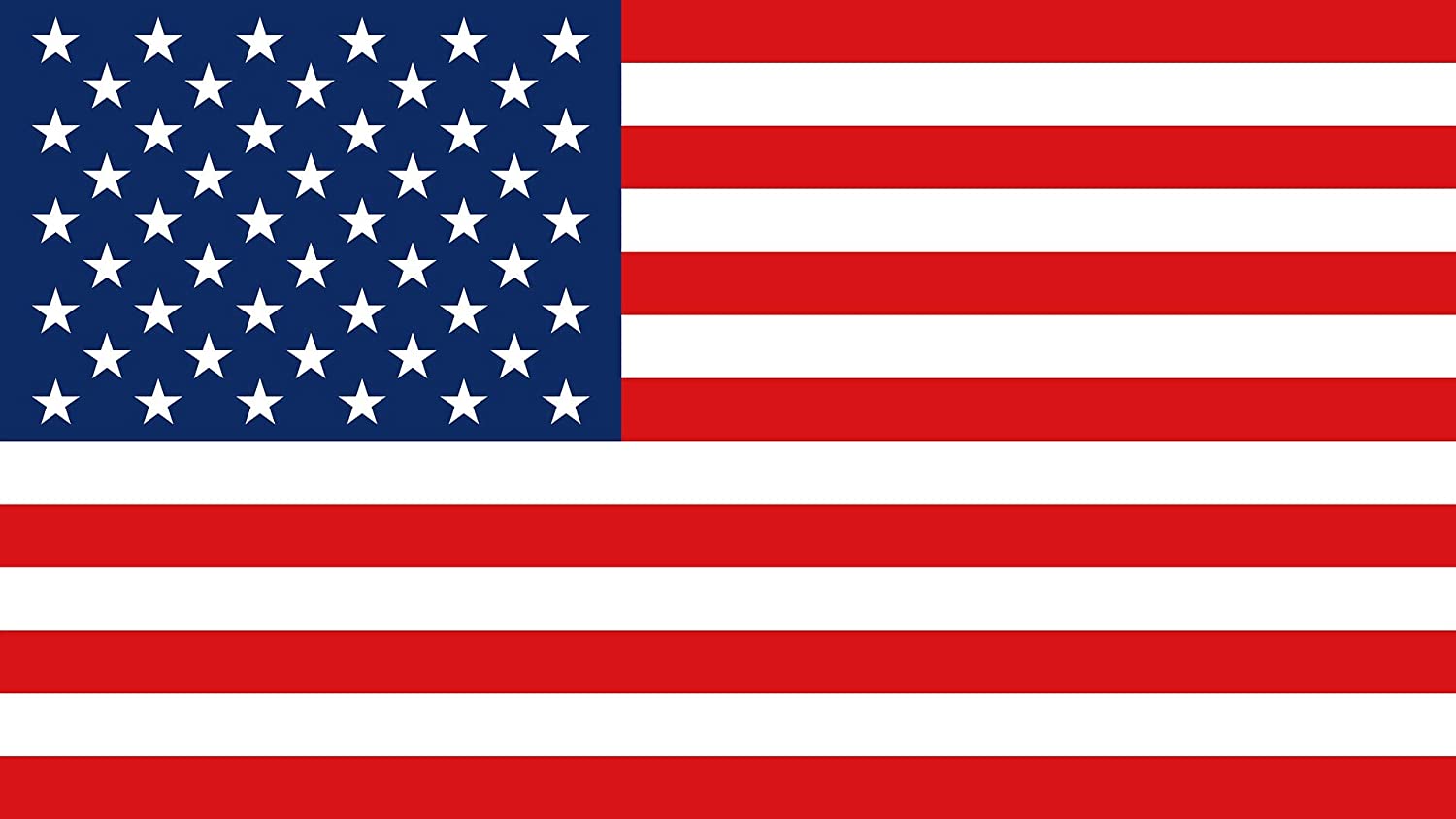Mobile Mental Health: Apps for Depression Assistance
Kristina Dale | September 09, 2019 | Depression
In this post we will be discussing a study completed by Teles, Rodrigues, Viana, Silva, Coutinho, Endler, and Rabêlo in 2019 titled “Mobile Mental Health: A Review of Applications for Depression Assistance.” This study aimed to identify and analyze various characteristics of current mental health mobile apps targeted specifically to individuals with depression.
What did they do?
The authors of this article followed the general guidelines of a systematic literature review, adapting the steps as necessary for a self-help mobile application review. According to the authors, the review was performed in a three phase process that included planning the review, conducting the review, and reporting the review.
Why did they do it?
Mental health awareness is becoming increasingly popular, and with depression growing as one of the primary mental health concerns in the country, it is critical to evaluate how we can intervene at scale. The authors note that while there has been published literature on the usefulness and effectiveness of other mental health self-help applications, this study was one of the first to focus particularly on depression-based apps.
How did they do it?
The authors used the standardized guidelines of a systematic literature review to carry out their review process. To determine a strategic way to search for apps, the PICO criteria were used. The population of interest (P) was defined as people presenting with a depressive disorder, the intervention (I) in this study was defined as mobile applications that provide depression assistance, with psychoeducation, self-monitoring, and self-help among the top methods of interest. The comparison (C) aspect of this study was disregarded, as it was not applicable to this type of review, and the outcome(O) was defined as the set of depression-specific apps that support individuals with depressive concerns. The search was conducted in the Google Play Store and the Apple iTunes Store.
After determining inclusion criteria and identifying duplicate apps, researchers excluded apps that did not meet the following criteria; apps with content or services specialized about depression, apps with versions in English, Spanish, and Portugese languages, current apps (last update from January 2016). Apps that met criteria were individually analyzed and categorized based on various objectives such as testing, education, mood tracking, and online counseling. Apps were also categorized in terms of user cost.
What did they find?
216 apps were reviewed and broken down into various categories. Of the evaluated apps, 134 apps fell into the “health and fitness” category as defined by the developer, 61 apps in the “medical” category, 15 in the “lifestyle” category, 11 in the “ books and references” category, and 5 or less in the “education”, “social”, “personalisation”, “news and magazines”, “parenting”, “games”, and “utilities” categories. As mentioned earlier, the authors of this article also categorized the apps in terms of objectives. Of the most prevalent objectives, 21.5% of the apps fell into the self-help category, and 19.8% were education-based. Apps were also categorized in terms of their cost. A total of 157 apps (≈72.7%) were free, 13 (≈6%) paid, and 46 (≈21.3%) charge for some products or services.
What does it all mean (our take)?
This was certainly a wonderful article. Why? Because as mental health rates continue to rise, the rate of available providers is not rising commensurate with this increase. Thus, we are running into a situation where many individuals are experiencing subclinical or clinical depressive difficulties, but there are not enough providers to treat them.
Self-help mobile applications are a perfect solution - IF THEY WORK. They are scalable, low cost, and convenient for users. It is evident from this review that there is variability in the types of mobile apps available for users, which we believe is a good thing. Some people will need a higher level of self-help, while others may just need a bit of psychoeducation and some quick coping strategies to practice.
The next step, which is daunting, but certainly occurring in the literature now, is the validation of these tools. These authors identified over 500 apps yielded from searching just for depression-based apps. We have seen estimates of over 10,000 self-help apps available in the market. While we applaud the efforts, we want to clearly indicate that validation of self-help mobile apps is CRITICAL. As providers in the field, we need to see data supporting the efficacy of an intervention or we should certainly refrain from using it as a frontline treatment. From the perspective of the user, we recommend that you always review the data supporting self-help apps prior to using - check to see if it worked for other people with difficulties similar to you.
There are organizations making efforts to comprehensively evaluate self-help mobile apps available for a range of mental health conditions. For example, our partners at PsyberGuide (PsyberGuide is a project of One Mind) are engaging in constant efforts to thoroughly review self-help mental health applications. This will be the best way forward in ensuring that the apps we recommend to our clients are indeed going to lead to meaningful change in their lives. It is clear that the apps are out there...now let’s make sure that they work!

Join the Conversation